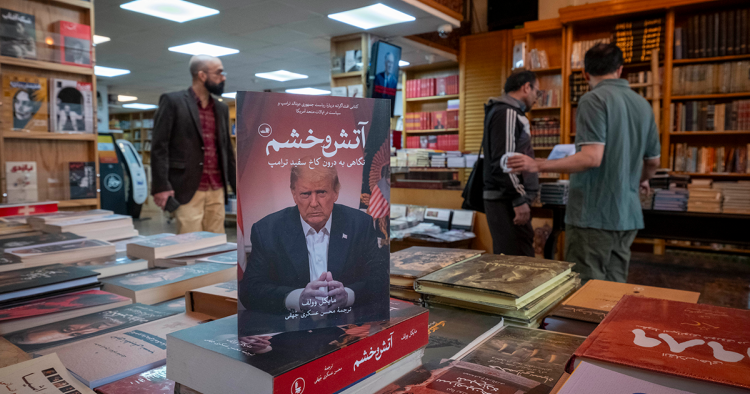The US and Iran are set to hold a second round of negotiations over Tehran’s nuclear program this weekend. The Trump administration has reimposed its “maximum pressure” campaign on Iran, and President Donald Trump has threatened that there will be “all hell to pay” if Tehran does not abandon its program. Both sides described the first round of talks as positive but now seem to be hardening their positions. What concessions are the two countries willing to make, and how likely are they to reach a deal?
This on-the-record briefing featured Kenneth Pollack, Vice President for Policy at the Middle East Institute (MEI). Pollack twice served on the National Security Council and began his career as a military analyst at the CIA. The briefing also featured Alan Eyre, a Distinguished Diplomatic Fellow at MEI. A former senior US diplomat, Eyre served as a core member of the US nuclear negotiating team with Iran from 2010-15.
Our experts covered what's at stake in these negotiations, the constraints facing both sides, the potential impact of outside powers like Russia and Israel, and the repercussions of failing to reach a deal.












